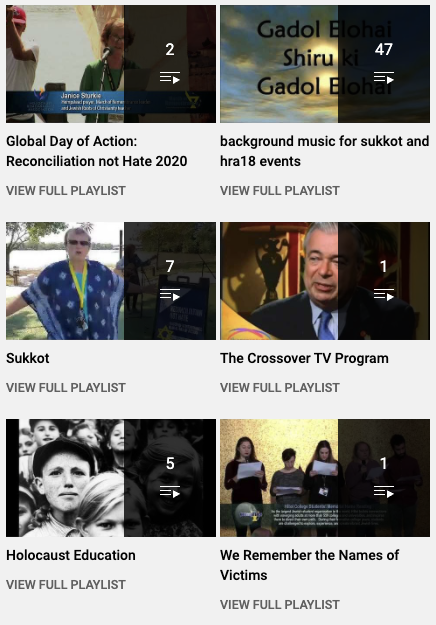by Christine Ege
As schoolchildren, we all learned about the Industrial Revolution and the benefits resulting from new technology, mechanization of production processes, and maximization of profit. Productivity and efficiency grew at a historically unprecedented rate, as more goods and services could be produced more rapidly and at lower cost than ever before.
Unfortunately, such innovations often can be implemented for evil as well as for good. In the sixth chapter of Dr. Susanna Kokkonen’s book, Journey to the Holocaust, the author describes the path to genocide as the Nazis utilized industrialized processes to effect the Final Solution: the genocide of the Jewish people. She points out that this genocide plan did not develop in a vacuum. Instead, it began long before WWII with discrimination and subsequently progressed with financial restrictions, propaganda, racial doctrine, enactment of anti-Semitic policies by governmental agencies, and sustained cultivation of fear in the hearts of those targeted for extermination (p. 141).
In January, 1942, a definitive decision was made by fifteen Nazi leaders to coordinate the operations of various “government bodies and agencies to fulfill the goal of genocide in the easiest and quickest way possible. (p.156).” Astonishingly, many of these fifteen Nazi representatives were supposedly Christians. This discussion of the planned industrialized murder of the Jews was held over breakfast in the elegant Wannsee district of Berlin. Subsequent to this meeting, the systematic deportation and slaughter of the Jews was initiated.
The sobering thought is that innovations, whether technological, academic, or scientific, can certainly be used for either good or evil purposes. Moreover, the all-out elimination of millions of Jewish people did not begin at the Wannsee Conference. Instead, it began with antisemitism in the hearts of men and women long before World War II ever happened.
Clearly, our internal attitudes have consequences. Perhaps we would do well, as the Psalmist once said, to ask God to search our hearts and see if there might be any wicked way in us (see Psalm 139: 23-24). We can then invite Him to lead us in His everlasting ways!

